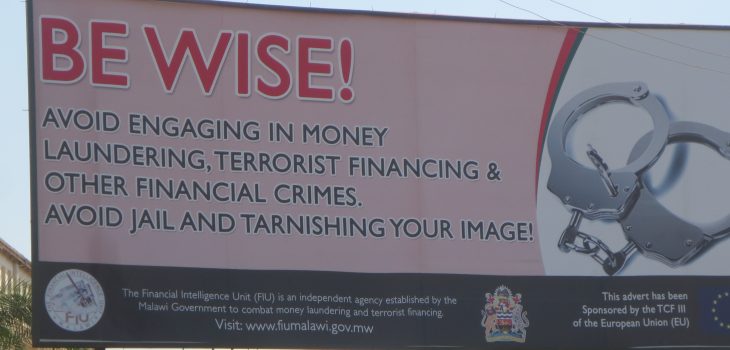By Radha Adhikari, Jeevan Sharma and Pam Smith (University of Edinburgh)
In June 2014, we arrived in Lilongwe, Malawi from the University of Edinburgh for the first time, to start a research project in collaboration with the Kamuzu College of Nursing. There was a presidential election coming up, so every day Lilongwe was buzzing in full blast for weeks; huge crowds of people going around the city with loud speakers, campaigning for the election, supporting various political parties, and, asking people to vote for their leaders. Colourful election banners and massive billboards of presidential candidates were displayed in most streets, all the way from the airport to the city. All of this activity contributed to the feeling that it was a very exciting time to be in the country. Being very new to Malawi’s socio-cultural and political context, it also felt like the buzz of the election campaign was both welcoming us to Lilongwe and introducing us to Malawian political culture.
Cashgate

During this time, we also witnessed the national campaign against corruption and the promotion of financial transparency and accountability, which was also spoken about on a daily basis. Notices and stickers were placed in governmental and non-governmental healthcare institutions saying: “this is a corruption free zone” and “say no to bribes”. Yet, we were frequently informed that financial mismanagement was still happening and happening everywhere and every day, even in the very institutions where those notices and stickers were placed. Almost everyone we came in contact with knew and talked about “Cashgate” and mentioned it frequently in donor coordination meetings and in each and every government institution.
Research aim and our observations of the situation
Our research aim was to explore how foreign aid was channeled to provide Maternal and Child Health (MCH) services in Malawi, which involved engaging with foreign aid donors, intermediary organisations and MCH project implementing partners. We managed to visit various institutions and met some of the key stakeholders: foreign aid donors, intermediary organisations and MCH project-implementing partners. We interviewed key professionals and attended various meetings, but then we couldn’t avoid the ongoing “Cashgate” issue, which often dominated our conversations and social interactions with stakeholders. We quickly noticed that foreign aid donors were very cautious of the government system and government staff were also cautious of the donors. From an outside perspective we would describe their working relationship as lacking trust and quite fragile. It was evident that there was very little trust in the government system to handle finances not only from the foreign aid donors and international organisations but the general public as well. A government official we interviewed informed us that soon after the news of “Cashgate” broke (in 2013), foreign aid donors stopped funding through the government system and instead started supporting non-governmental organisations to deliver health services. At the same time donor courting was also evident.
The news headlines, social gossip and anti-corruption campaign were so powerful and yet, at the same time we could smell the culture of long-standing financial mismanagement, which we were informed were still ongoing. While visiting district hospitals to observe Helping Babies Breathe, and Helping Mothers Survive Bleeding after Birth training programmes, we frequently encountered health professionals commenting on lack of essential drugs and supplies and them working without salaries for months. Newspapers were reporting that the Ministry of Health was experiencing a financial crisis, leading to “lack of essential drugs in hospitals and no fuel for ambulance service”, at the same time parliamentarians were to receive over 60% increase in their allowances. Being heavily dependent on overseas development assistant, aid money being mishandled was another issue we heard frequently.
We came to realize that this situation negatively impacted health professionals’ morale, and further complicated already a fragile trust amongst stakeholders in health system. This led us towards further understanding of this financial management issue, relationships amongst key stakeholders and what impact it had on health system functioning in the country. Our article published in Health Policy and Planning discusses some key issues such as continue deterioration in working relationships amongst stakeholders resulting in donor bypassing the government system while providing foreign aid – channelling fund via small circles of trusted individuals and institutions. This has a major impact on the health system resulting in mal-distribution of resources and programme duplications.
Related article
- Foreign aid, Cashgate and trusting relationships amongst stakeholders: key factors contributing to (mal) functioning of the Malawian health system
Health Policy and Planning, Volume 34, Issue 3, April 2019, Pages 197–206Image credit: Radha Adhikari











